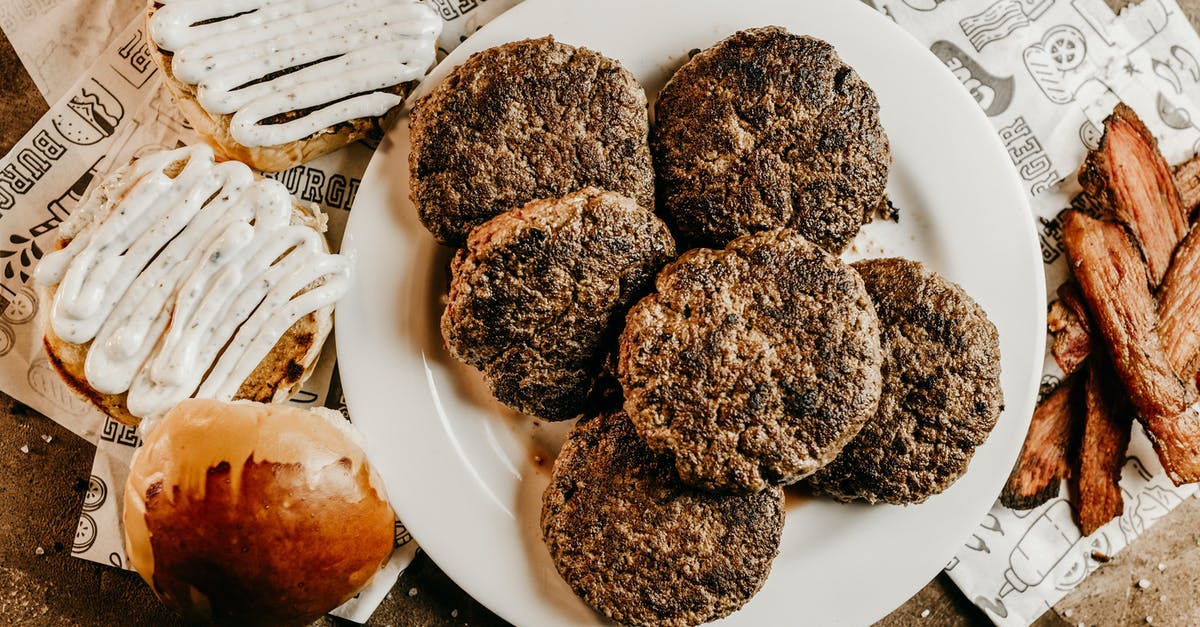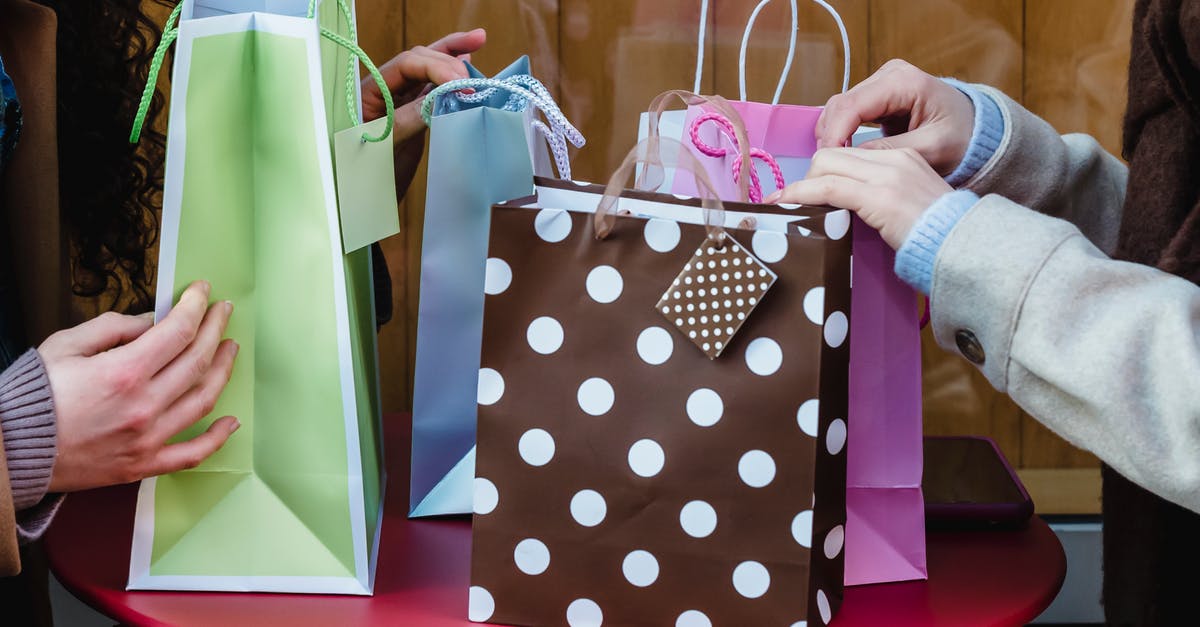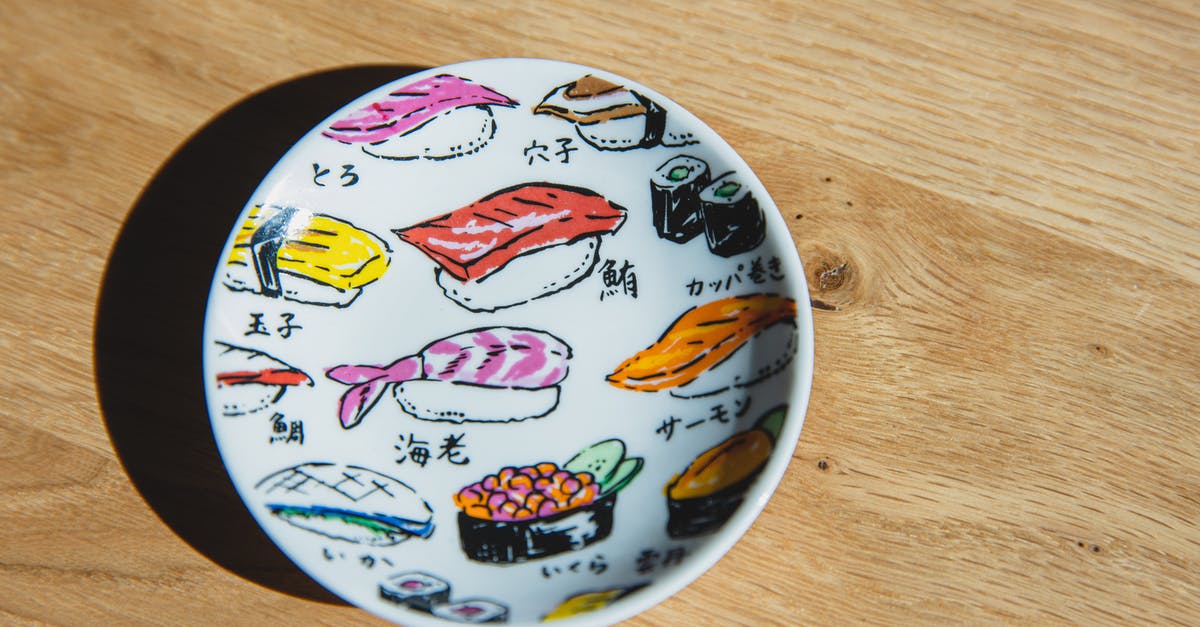Why does broiled and roasted salmon give these different results?

I ordered roasted and broiled(grilled) salmon form the restuarant and noticed both products tasted quite different. I don't have a great digestive system but noticed that the roasted salmon agreed with me more than the broiled salmon. I want to understand what was it about the specific cooking methods that gave the different end products.
Broiled slamon The sides were crispy and quite browned. The fish didn't have the natural flavour of salmon/seemed to have lost it. The oil tasted greasy and mechanical if that makes any sense.
Roasted Salmon It was not browned or crispy like the broiled. It tasted like normal salmon i.e. similar to poached salmon. Oily was present but not greasy/mechanical tasting like the broiled salmon.
Basically the roasted tasted closer to poached salmon. However I read that roasted salmon is to be done at 450f and this would brown it just like grilled.
My guess is that they roasted the salmon was done at a low tempertare and for a short time hence the slamon retained its juices, didn't get too processed. The broiled salmon was probably done very high and also the smoke may have gone in the meat or something to that effect. I want to understand what happened.
I have no idea what happened but based on the cooking methods can you explain why the broild and roasted salmon gave the different results?
If it was due to low temperature and short time as I am guessing, wouldn't I then be able to grill at a low temperature and for a short time and create the same result as with the roasted salmon? Or would the fact that I am broiling still cause other chemical differences in the meat even at low temp and low duration broiling?
Best Answer
Roasting doesn't really imply a specific temperature. The roasted salmon you've had might've been done at 450F, or perhaps a lower temperature. Either way, it doesn't require tons of browning. You don't want to overcook salmon, so you'll cook it until it's cooked through, and even at 450F, that doesn't necessarily mean a ton of browning. If it's on a bare metal pan with plenty of room for juices to get out and evaporate, it'll brown more; if it's in a crowded pan that has water in it most of the roasting time, it might brown a bit on top and none on the bottom.
Broiling, however, basically always means high temperatures. The air temperature might be 500-550F, but there's radiant heat too, and the food is close to the heat source, so it can brown easily and rapidly. On top of that, the main heat is coming from the top, so by the time it cooks through, it can easily brown on the top. Getting things crispy and browned is one of the main points of broiling.
So no, I would not expect roasting to have as much browning as broiling would. If your goal is not to brown too much, then just don't use a broiler - bake/roast at some "normal" oven temperature.
(As for "greasy and mechanical", I don't know - you could've been tasting burned oil, or maybe there was some other variable besides the broiling.)
Pictures about "Why does broiled and roasted salmon give these different results?"



Is it better to broil or bake salmon?
Baking salmon takes longer than broiling and has a tendency to overcook making it dry. Broiled Salmon \u2013 Broiled is when it's cooked directly from the heating element on top of the oven, roasting it until light brown. It cooks rather quickly, and the browning of the salmon helps intensify the delicious flavor.What is the difference between broiled and grilled salmon?
Long story short, grilling and broiling refer to a similar cooking process with only one major difference. When grilling, the heat source is below (like with a barbecue grill), but in oven broiling, the heating source is above. Both grilling and broiling involve intense direct heat.Is there a difference between broiling and roasting?
Roasting uses the same all-over heat as baking but at higher temperatures. Broiling uses top-down heat at high and extra-high temperatures to brown or crisp the top of food.What is the difference between roasting and baking salmon?
When it comes to temperature, roasting requires a higher oven temperature of above 400\xb0F for the cooking process, while baking takes place at lower oven temperatures around 375\xb0F and below.Mass Appeal Chef Secrets: Baked vs Broiled Fish
Sources: Stack Exchange - This article follows the attribution requirements of Stack Exchange and is licensed under CC BY-SA 3.0.
Images: Jonathan Borba, Tim Douglas, Tim Douglas, Ryutaro Tsukata
